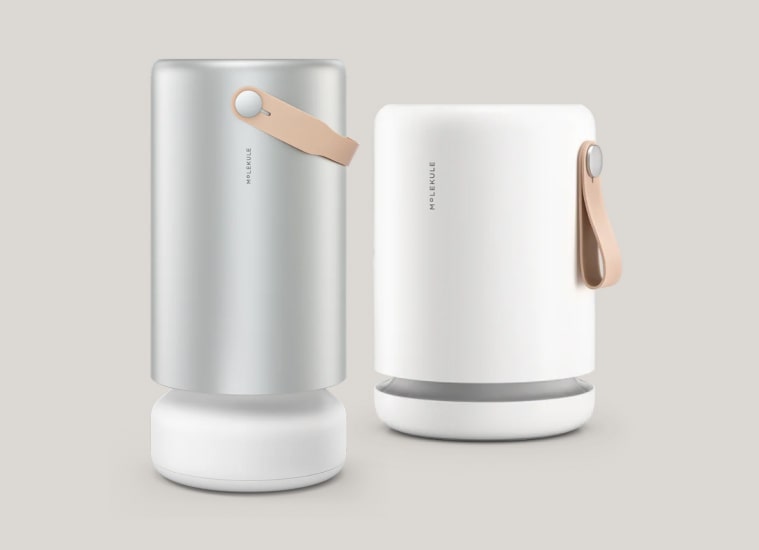Managing Allergies During Pregnancy: What Expecting Mothers Need to Know

Pregnancy is a time of exciting changes, but for those who suffer from allergies, it can also bring new challenges. Hormonal shifts during pregnancy can heighten sensitivity to allergens, and traditional allergy medications may not always be safe for expecting mothers. Managing allergies during pregnancy requires extra care to ensure both the health of the mother and baby. In this blog post, we’ll discuss how pregnancy affects allergies, provide tips for managing symptoms safely, and highlight treatment options for pregnant women.
How Pregnancy Affects Allergies
Pregnancy causes hormonal fluctuations that can affect how the body reacts to allergens. Some women find that their allergy symptoms worsen during pregnancy, while others may experience relief due to changes in hormones. Regardless of the trend, managing allergy symptoms during pregnancy is important to ensure that both the mother and baby remain healthy.
Increased Sensitivity: Pregnancy may cause your immune system to become more sensitive to allergens, leading to increased symptoms like nasal congestion, sneezing, and itchy eyes.
Asthma and Allergies: Pregnant women with asthma may notice that their asthma symptoms worsen, and untreated asthma can be dangerous during pregnancy. Managing both allergies and asthma during pregnancy is crucial.
Safe Allergy Management During Pregnancy
Consult with Your Healthcare Provider: Before starting any medication during pregnancy, always consult your healthcare provider. They can help you determine which allergy treatments are safe for you and your baby.
Use Nasal Saline Sprays: Saline nasal sprays are a safe and effective way to relieve nasal congestion during pregnancy. These sprays help clear nasal passages without the use of medication, providing symptom relief for stuffy noses caused by allergies.
Avoid Known Triggers: Avoid exposure to common allergens that can worsen symptoms, such as pollen, pet dander, and dust mites. Stay indoors during high pollen counts, and make your home an allergen-free zone with regular cleaning and air purifiers.
Consider Safe Antihistamines: Some antihistamines, like loratadine and cetirizine, are considered safe for use during pregnancy. However, you should always discuss the best options with your doctor.
Get Plenty of Rest: Allergies can cause fatigue, making it more difficult to get adequate rest during pregnancy. Prioritize good sleep hygiene and rest to help your body recover from allergy symptoms.
Healthy and Safe Pregnancy with Allergy Management
Managing allergies during pregnancy requires careful planning and communication with your healthcare provider. With the right treatment approach and lifestyle changes, you can keep your allergy symptoms under control while ensuring the health of your baby. If you need advice on managing allergies during pregnancy, contact Allergy, Asthma, and Immunology Medical Group at 805-658-9500. Our expert team is here to guide you through a safe




